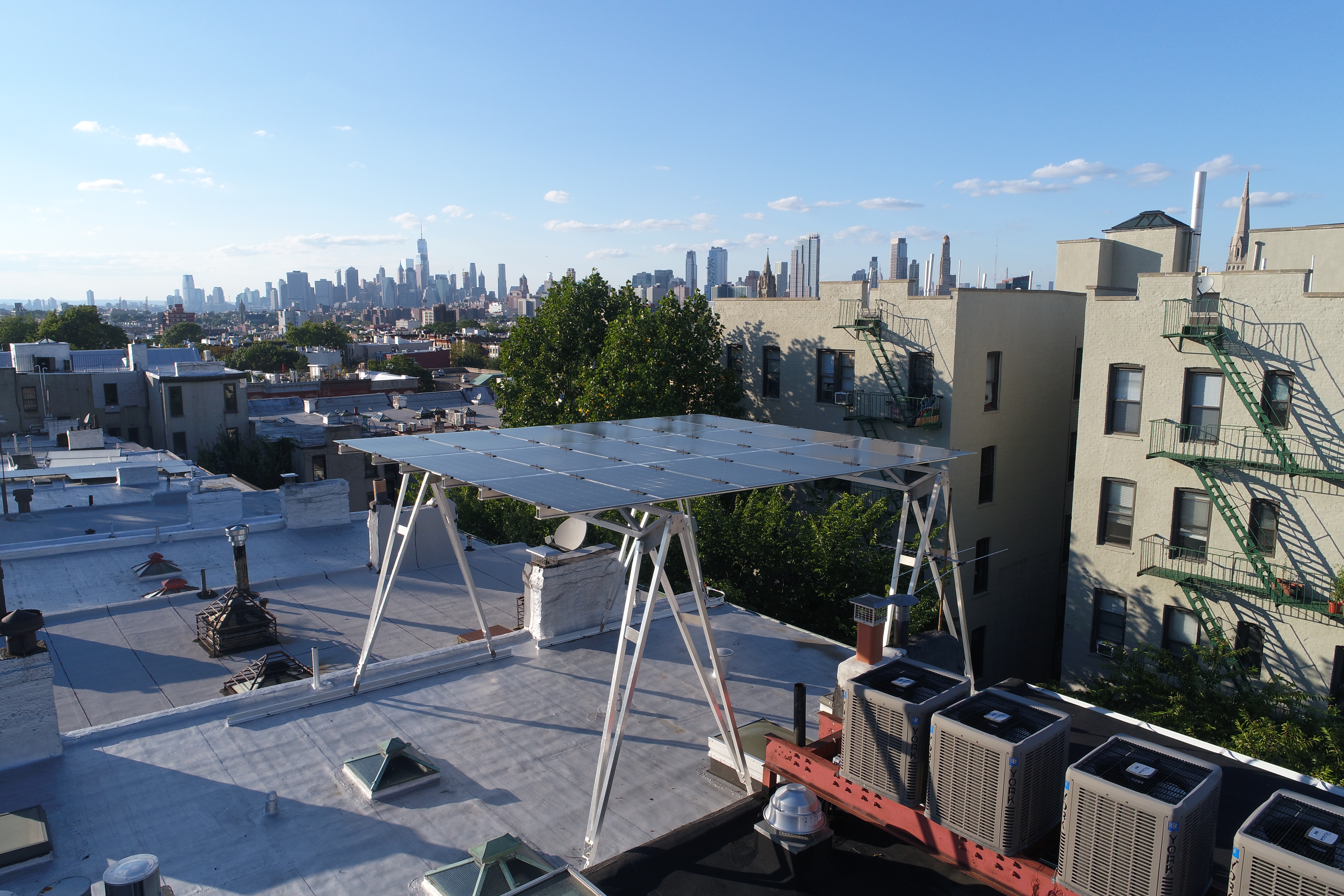Goldman: NYC Prices Have a Ways to Go
“New York apartment prices are very high relative to the observable fundamentals. Using three alternative yardsticks—price/rent, price/income, and affordability—we find that prices would need to decline by 35%-44% to return to the valuation levels seen in the 1995-1999 period, before the start of the recent boom.” — Goldman Sachs via Curbed





There’s also a big difference between today’s mortgage rates of 5% and the mortgage rates of 10% + during periods in the 80’s and 90’s.
Prices might be up, but these are the lowest mortgage rates we’ve seen in decades.
I think what BH76 says is important-“granted, there were very few sales — no one was buying –period”. Thats what happens in bad housing market. And the few sales that do occur skew any real meaning.
Of course, the state of general USA ecomomy is going to be biggest factor on how long or deep our NYC housing market will go. If any of us could really predict that – and willing to put money where big mouth was – would be rich already.
On the plus side, the more prices fall the easier for 1st time buyers to enter market and easier for those people who have little mortgage but large equity to ‘move up’. As in
instead of a $400K difference in price to move to something nicer – now only $300k.
Also be glad don’t own in Florida. I have friend looking at townhouses in Ft. Lauderdale… where short-sale listings are for less than 1/2 of what people paid 2 years ago. One complex buyers paid between $700 and $800k not listed at $325k.
DIBS,
I’m not cw, but the inflation link I used for my Hancock thread post was: http://www.measuringworth.com/ppowerus/?redirurl=calculators/ppowerus/
Miss Muffet;
Please take a look at my post on the open thread. It will interest you.
Miss Muffett and BH76 basically reiterate my case for relative stability in brownstone prices. There are tens of thousands of Manhattan condo owners with HUGE gains. If they decide on a bit of a lifestyle change and start looking into a move to Brooklyn and a brownstone, they will be in awe of what they can buy to not only get so much more space and a deck and a yard but also to lower their monthly outlays with RE taxes being lower and condo charges disappearing. On top of that, if they so choose, there can be a tenant in one of the floors to cover a large portion of the mortgage.
It doesn’t take a lot of people moving from Manhattan to sop up the market for brownstones in Brooklyn.
I’m in no way saying that many brownstones are not overpriced. I’m saying you have to look at it from this vantage point.
All these impending bargains are giving me a wee bit of buyers remorse, as we bought our brownstone in Prospect Heights at the top of the market (closed in May ’08) for almost 2million. Now I look around at these falling prices and see if we had just waited a bit we could have gotten a lot more house then we did for that price!! Is it too early to think about an upgrade? 😉
Two things:
1. I would not have wanted to live in many areas of Brooklyn in 1995, and I don’t see what prices would revert back to those levels. Since that time, crime has plummeted, entire neighborhoods have been revitalized, and commercial areas reinvigorated. 5th Avenue in 1995 was a dump. Why would prices in 2009 revert to those levels?
2. If NYC is currently the 22nd most expensive city in the world and we fall back to 1995 prices, why would one of the world’s best cities (still ranking as the #financial center in the world) be so cheap? If prices fell that much, we’d be on par to have prices similar to that of Panama City. I don’t get it.
The last time (which no one ever wants to hear about), the price per share in my building fell by more than 50% (granted, there were very few sales — no one was buying –period) from 1993 to 1996. And did not return until 1998-99. Since 2002, our prices have gone up about 250-300%. So do the math…
Lechacal, you left out: Long-term owners who bought before the boom (and didn’t use their home as an ATM) will still do just fine. It may not feel that way right now, but they will still likely make a huge profit. Even if prices drop 40% or more, remember that in many cases they went up 200-300% in the last 10 years.